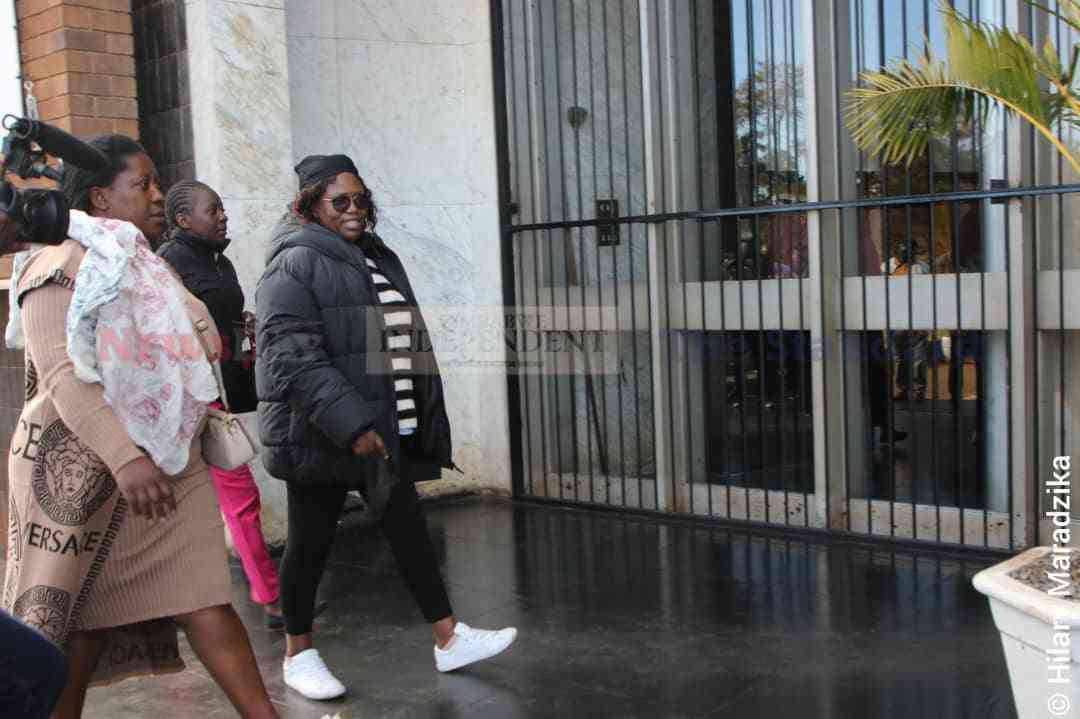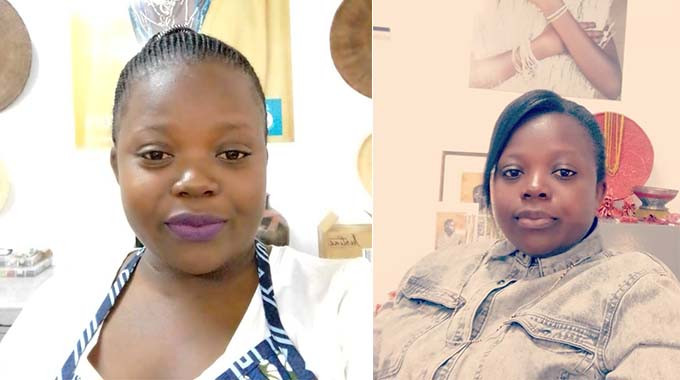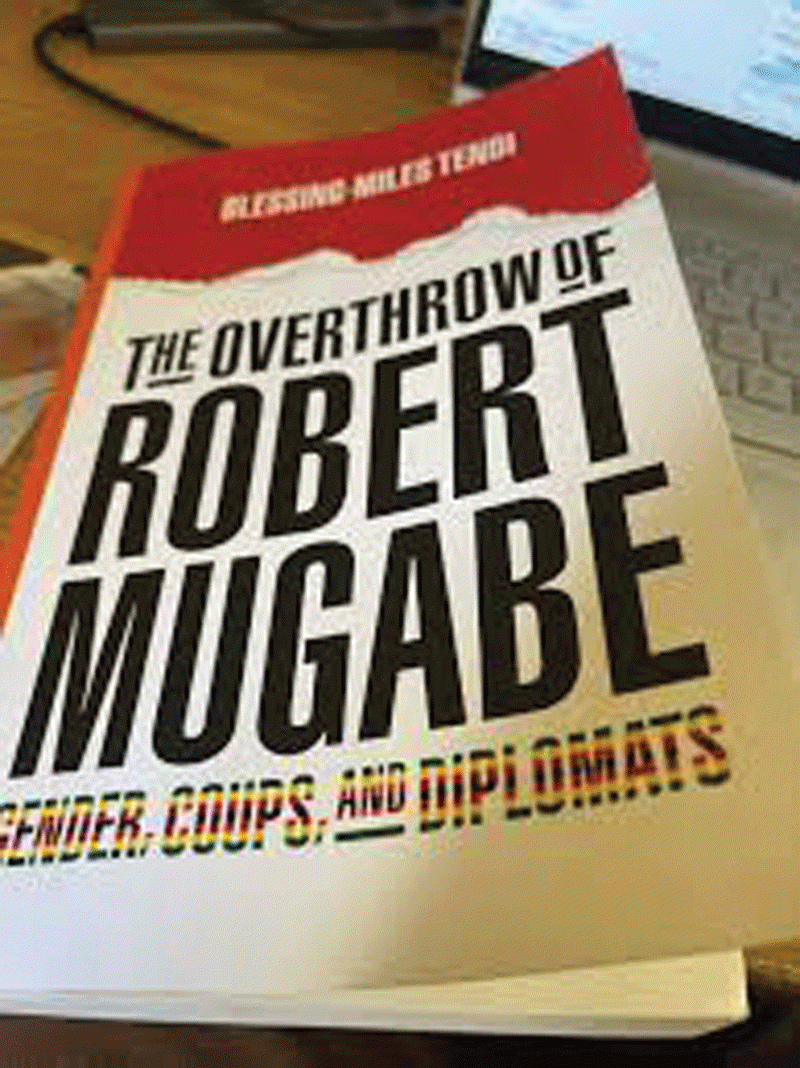
Then, there was no Grade Zero and crèche was nothing more than a play centre where children would sing “Ba-ba Black Sheep” with unimaginable distortion.
The rigorous exercise usually came just before a parents’ visiting day where poetry, drama and music were the basic entertainment activities.
Most of us took these routines as extra-curricular activities that had no bearing on our academic orientation.
We did not realise art could be a source of fame and livelihood and talents were nipped in the bud. But some stood out exceptionally well and pursued their natural love for these not-so-important sects of our lessons.
Poetry would bring out talented writers and every teacher’s “poetry corner” in a classroom, where a few pupils’ poems were stuck on the wall, was a barometer for creative minds.But this “basic” art genre is slowly sliding off the radar on the mainstream arts industry.
Not so long ago, poets like Albert Nyathi, Musayemura Zimunya, Chirikure Chirikure, Chenjerai Hove and Memory Chirere, among others, made serious marks among aspiring writers and arts consumers in general. Some years back there was the late Professor Solomon Mutswairo whose poem Nehanda Nyakasikana inspired many people, including the late Vice- President Simon Muzenda.
Among them were writing and performing poets but their impact was collective. They targeted general audiences and managed to have commendable appreciation.
- Chamisa under fire over US$120K donation
- Mavhunga puts DeMbare into Chibuku quarterfinals
- Pension funds bet on Cabora Bassa oilfields
- Councils defy govt fire tender directive
Keep Reading
Poetry performance restricted to small, closed venues
Now, poetry has been restricted to certain circles where poets and their small audiences interact in “closed worlds” that are hardly known publicly.
Only avid poetry followers and aspiring poets attend poetry slams that are now heavily urbanised because of the penetration of a hip-hop culture into our industry. While there is nothing bad in this emerging form and presentation of poetry, appreciation has fallen massively.
Visits to House of Hunger Poetry Slams and the annual poetry café programme at Harare International Festival of Arts, show that current public following of this art genre leaves a lot to be desired.
The Zimbabwe International Book Fair’s live literature arena has suffered a similar fate yet when Nyathi exhibited his dub-poetry expertise through a song titled Senzeni Na, he made great strides in his art and was likened to South Africa’s Mzwake Mbuli, because art followers appreciated the spoken word that was fused with music.
Although Nyathi is still active in his art, he has resorted to corporate and private functions because of this fall in poetry followers. Nyathi says he no longer uses a band regularly because in such a set up, people would be obsessed with the music side yet he wants audiences that closely follow his poetic verses.
Even when author and musician Ignatius Mabasa came up with his albums Yadhakwa and Nyika Yapera Wrong Time, that were loaded with lyrical richness, many people failed to appreciate that level of creativity.
Cde Fatso is a versatile artist who fuses poetry with music but he is more appreciated outside the country than locally.
Now, we have talented young poets like Outspoken, Godobori, Flawchild, Ticha Muzavazi and Tinashe Muchuri among others, yet there are hardly known beyond their usual circles. A number of poets that spoke to Drumbeat believe the general decline in reading culture is the root cause of the fall in poetry’s popularity.
They argue that students now read books specifically for examinations and spend most of their time on online social network platforms.
An energetic and exciting poet like Mbizo Chirasha leaves the crowd asking for more. He has the zeal and confidence to attract listeners’ attention with his very first line, but public platforms to exhibit such expertise are no longer common.
Mbizo takes every opportunity whenever there is a gathering, for whatever purpose, to unleash his passion and his poem Africa My Motherland, usually comes first. Still, his efforts have not yielded much result.
It is unfortunate the Sadc Poetry Festival that was rotating in the region faltered before it came to Zimbabwe. Maybe it could have changed perceptions. Now we await another Hifa edition that takes place next month with the hope that the Hivos Poetry Café turns around the fortunes for the spoken word.











